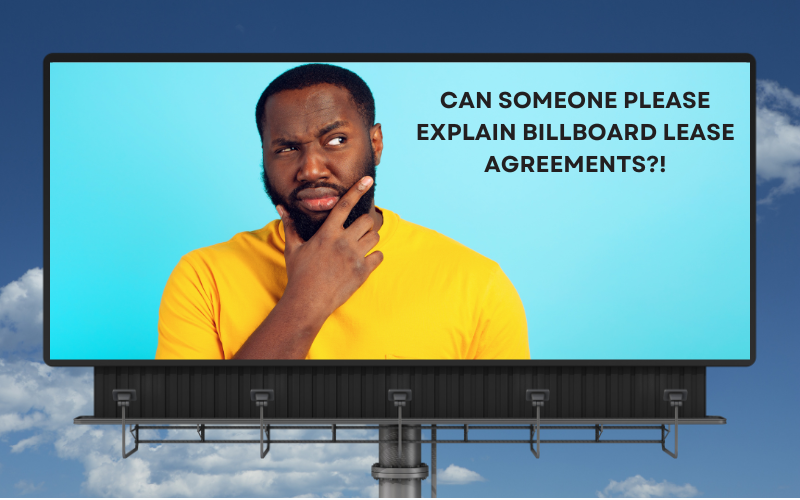The recent case of Abhe & Svboda Inc. v MDOT (Court of Appeals, August 2017), underscores the difficulty in challenging Liquidated Damages, particularly where a contractor does not comply with delay claim provisions.
This case arose from the late completion by Abhe & Svboda, Inc (ASI) of a contract with the Michigan Department of Transportation (MDOT) to clean and paint part of the Mackinac Bridge. The contract specified Liquidated Damages (LDs) of $3,000 a day for each day of late completion. The contract also gave ASI the right to seek a time extension for bad weather, provided that ASI asserted the request within the time period required by the contract. ASI did not timely complete the project and the State assessed LDs of about $1.9 million for being 644 days late.
ASI sued the State challenging the LDs assessment for a number of reasons. For instance, ASI argued that the LDs should not apply to 362 days of the planned winter shutdown during which it was impossible for MDOT to suffer any losses and that the LD clause was void for failing to be a good-faith effort to estimate losses. ASI also argued that MDOT’s dilatory behavior in approving ASI’s scaffolding plan caused 56 days of delay. ASI argued that 459 days of work were caused by environmental circumstances beyond its control. The trial court rejected all of ASI’s arguments and granted summary disposition to the State. ASI appealed.


